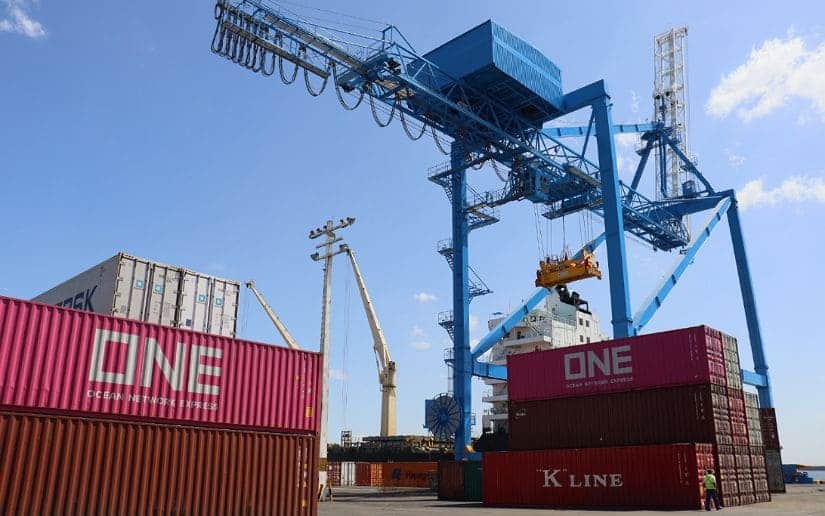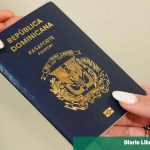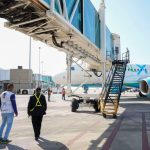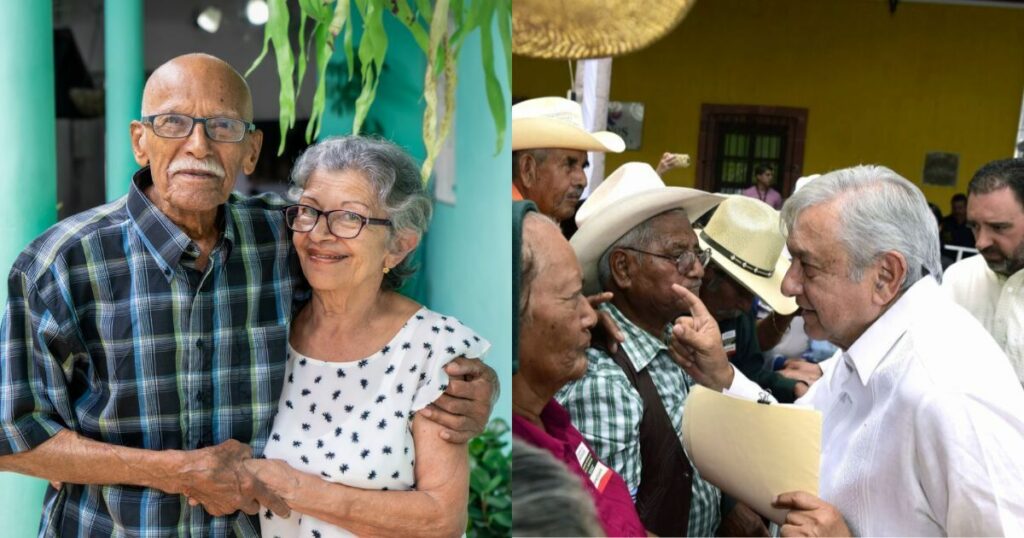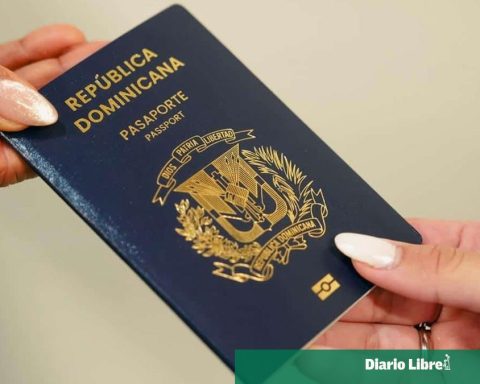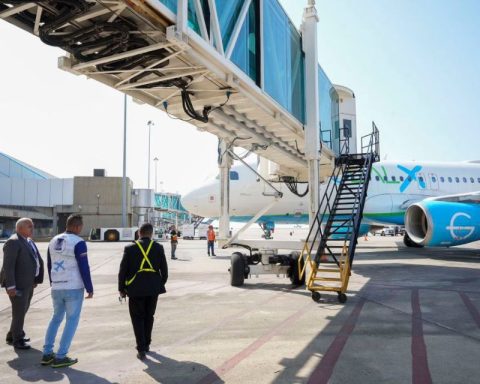The Chinese economy (the second largest on the planet), grew only 0.4% during the second half of this year, thus becoming one of the four external factors that affect the fluctuations of the gross domestic product (GDP) of the region, according to the most recent Economic Report on Latin America and the Caribbean, prepared by the World Bank (WB), which also indicates that Nicaragua’s GDP will grow 4.1% in 2022.
For its part, the corresponding Report of the International Monetary Fund (IMF), details that “the world economy continues to face serious challenges, defined by the persistent effects of three powerful forces: Russia’s invasion of Ukrainethe cost of living crisis caused by persistent and widening inflationary pressures, and the slowdown in China”.
In the specific case of the United States, our main trading partner, and first source of foreign investment, it is pointed out that, after growing 5.7% in 2021, the economy of that country will grow 1.6% in 2022, and 1.0% in 2023. That could be reflected in lower growth of the remittances that Nicaraguans send to their families.
In June, the World Economic Outlook report, prepared by the World Bank, lowered its growth forecast for Nicaragua to 2.9%, from the 3.0% marked in January. Although the specific factors that would cause growth to reach 4.1% are not indicated, it is indicated that inflation of less than 5% per year is expected; that tax revenue are around 25% of GDP, and that public investment stands at 5% of the product, with which the country would be in the highest third of the region in this field.
The one that maintained its downward trend is the forecast for 2023, which was at 2.5% in January, dropped to 2.3% in June, and was set at 2.0% in the October report. The Russian war against Ukraine had ambiguous effects for our country, because it increased the prices of the fuels that we must import to keep the economy running, while at the same time raised the price of the food we export.
For this time, the lack of connection between the Nicaraguan and Chinese economies works in favor of Nicaragua, since the World Bank foresees that “the persistent recession in China caused by the covid-19 confinements will reduce exports” of Latin America and the Caribbean to that country. Nicaragua exported only 11.5 million dollars to the Asian giant in 2021.
Better look at the United States
“The promise of ‘zero covid’ makes China paralyze a city even if there is only one case, and that affects economic growth forecasts,” he told CONFIDENTIAL Wang Yucheng, commercial manager of Banco Cathay, Costa Rica. “China had projected a growth of 4%, and now it is at 4.8%, exceeding the forecasts of the World Bank. It is true that there is no longer talk of double-digit growth, but nobody is doing it, ”he stressed.
The Chinese administrator, and two Nicaraguan experts – an economics professor and a business adviser – who agreed to share their views, as long as their names were kept anonymous, acknowledged that Nicaragua and the rest of Central America should be more attentive to the performance of the US economywhich has greater ‘weight’ in our realities for geographical, historical and political reasons.
“Central America has to take into account what happens in the United States, because if that country does not reactivate properly, it can affect us all, due to its proximity,” Wang said, warning that the measures of the Federal Reserve of that country (FED), can generate “tremendous inflation”, which It would hit us harder than what happens with China.
“If the Chinese economy slows down, it would be the United States that gets hit first and then potentially us,” the economics professor said.
The business advisor classified Nicaraguan exports of 11.5 million to the People’s Republic of China as ‘anecdotal’, especially when compared to the 1765.8 million dollars (almost 154 times more), that the country received for its exports to the United States in that same period.
Returning to the performance of the Chinese economy, the professor indicated that if it slows down, “there would be less domestic consumption in China, which could compensate by increasing exports to support growth, and perhaps cause the prices of these products to fall, because the dollar has been strengthened, which would allow to buy more Chinese products”.
The adviser recommends looking at the items that are slowing down the most in China, considering the importance of its construction sector, which has strong government support, as well as domestic consumption and food production.
China: the great investor that eludes Nicaragua
There is no doubt about the Chinese economic power, which was able to acquire trillions of dollars in US Treasury bonds during the turmoil unleashed by the global financial crisis, and to invest large sums in public works in several South American countries, including Colombia, Peru , Chile and Argentina “still in the midst of a pandemic,” Wang defended.
The problem is that, although for the Asian giant, Nicaragua would have become “a strategic ally in the region”, this new way of seeing the country has not been reflected in large-scale investments. “The Nicaraguan government can take advantage of this bond to improve its economic relations with China,” says the banker.
“Until now, Nicaragua has not been interesting to be included in the Silk Road, but it has been interesting for the countries from Costa Rica ‘downstream’. With reestablishing relationsNicaragua becomes a strategic ally, and you have many more natural resources than Costa Rica and El Salvador. If they know how to work with sanitary and phytosanitary parameters, they could export twice as much as those two countries to China”, he calculated.
While time passes, and the variables that could determine that these possibilities open up and materialize, what corresponds is to take care of the relationship with the United States, since “we are concerned” that there is a recession in that country, as indicated by the advisor, while the professor details that most of the foreign investment that Nicaragua received was in telecommunications, mines, industries, textile trade… “almost everything for the US market.”
IMF: the worst is yet to come
The World Economic Outlook Report, published by the IMF this week, indicates that “in our most recent forecasts global growth is projected to remain unchanged in 2022at 3.2%, to later slow to 2.7% in 2023 —0.2 percentage points less than forecast in July.”
That will happen, in part, because “more than a third of the world economy will contract this year and next, while the three largest economies—the United States, the European Union, and China—will remain stagnant. Simply put, the worst is yet to come, and for many people, 2023 will feel like a recession year. Russia’s invasion of Ukraine continues to strongly destabilize the world economy.”
In a situation that has more to do with our reality, he explains that “the conflict has also raised food prices in world markets… and the situation brings serious hardship to the lowest-income households around the world, and especially in low-income countries,” such as Nicaragua.
At the same time, the document warns that “new shocks in energy and food prices could prolong persistent inflation”; that “a resurgence of covid-19 or new health alerts on a global scale could further slow growth”, and that “the future health of the world economy depends on… the course of the war in Ukraine”.
Thinking of reducing the suffering of the poorest, he warns that “the priority of fiscal policy is to protect vulnerable groups through targeted short-term aid to alleviate the burden that the cost of living crisis is imposing on the whole world.”
The Government of Daniel Ortega and Rosario Murillo refrained from offering help to the families and businesses in the context of the pandemic, and focused on keeping the economy running…at any cost.
At the same time, the Fund’s document indicates that “effective multilateral cooperation will avoid fragmentation, which could reverse the advances in economic well-being achieved after 30 years of economic integration”, a matter in which Nicaragua has little room for maneuvergiven the decision of the regime, isolate themselves from the international community.
